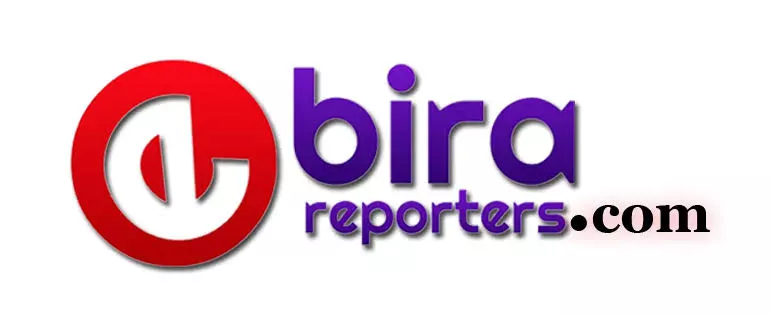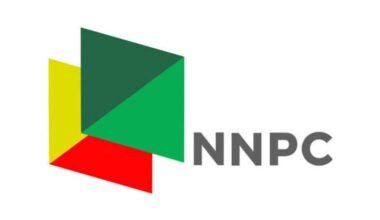Incorporating and applying data from many sources inside an organization to better governance procedures is known as data harmonization for corporate governance. Organizations guarantee consistency, correctness, and dependability in their data by aligning and standardizing it across systems, divisions, and business units. This technique improves the efficiency of governance practices and encourages greater judgment, accountability, and openness. Meanwhile, corporate governance pertains to the framework of regulations, methodologies, and procedures through which a company is guided and supervised. It encompasses the interconnections among diverse stakeholders, including shareholders, management, employees, and the board of directors, with the objective of fostering transparency, accountability, and ethical conduct in decision-making and overall business activities.
In the context of corporate governance, data harmonization encompasses the merging and alignment of data originating from various sources, including financial systems, human resources databases, customer relationship management platforms, and other pertinent outlets. Through this process, data is organized, formatted, and standardized in a consistent manner, facilitating simplified analysis, comparison, and interpretation.
Benefits of Data Harmonization in Corporate Governance
1. Enhanced Openness and Accountability: Through ensuring that all stakeholders have access to reliable and consistent information, data harmonization helps to foster trust in moral corporate governance. By making data more easily accessible, such as through the disclosure of standardized financial data for simpler company comparisons, transparency is increased.
2. Improved Decision-making: Data harmonization empowers decision-makers by providing a comprehensive view of organizational activities, financial performance, and risks, leading to improved decision-making for both strategic planning and daily operations. It enables companies to identify risks and opportunities in new markets by combining data from various departments, gaining valuable insights into costs, revenue, and customer behavior, enabling informed decisions regarding pricing, marketing, and product development.
3. Simplified Compliance: Data harmonization facilitates regulatory compliance by ensuring consistent data across systems, enabling companies to streamline financial reporting, accounting standards, and taxation processes. It enhances accuracy and simplifies the preparation of compliant financial statements, regulatory filings, and other necessary documentation.
4. Effective Risk Management: Data harmonization aids companies in identifying and mitigating risks by consolidating data from different sources to provide a comprehensive view of financial, operational, and compliance risks. This enables organizations to proactively manage risks by identifying discrepancies and addressing potential issues with internal controls or processes.
5. Boosting Shareholder Value: By boosting productivity and efficiency, data harmonization improves corporate governance, which benefits shareholders by lowering costs, fostering better decision-making, and fostering greater compliance. Data harmonization simplifies procedures by removing duplications and inconsistencies, increasing operational efficiency through automated data integration and lowering manual errors.
Challenges of Data Harmonization in Corporate Governance:
● Size of Data: Managing a large volume of data can be overwhelming, and data harmonization itself can be a costly and time-consuming process. The expenses and duration of data harmonization are influenced by factors such as the organization’s size and complexity.
● Quality of the Data: Data quality is crucial for accurate and reliable outcomes in data harmonization. However, it poses a significant challenge as data can be inaccurate, incomplete, or inconsistent when combining from various sources. Ensuring high-quality data is essential to overcome these challenges and achieve reliable results.
● Data Security: Data protection and the presence of data silos are challenges in data harmonization. Unauthorized access to data must be prevented, and data silos, which store data in isolated proprietary formats, hinder the access and sharing of data across systems. Additionally, data must be handled in compliance with relevant privacy laws.
CONCLUSION
Data harmonization simplifies corporate governance by merging diverse data sources into a uniform format, enabling organizations to make informed decisions, achieve compliance, and manage risks effectively. However, it requires investments in data management systems, governance frameworks, and data quality assurance measures to ensure optimal utilization and align business strategies with valuable insights.
Emmanuel Otori has over 10 years of experience working with 100 start-ups and SMEs across Nigeria. He has worked on the Growth and Employment (GEM) Project of the World Bank, GiZ, Consulted for businesses at the Abuja Enterprise Agency, Novustack, Splitspot and NITDA. He is the Chief Executive Officer at Abuja Data School.


